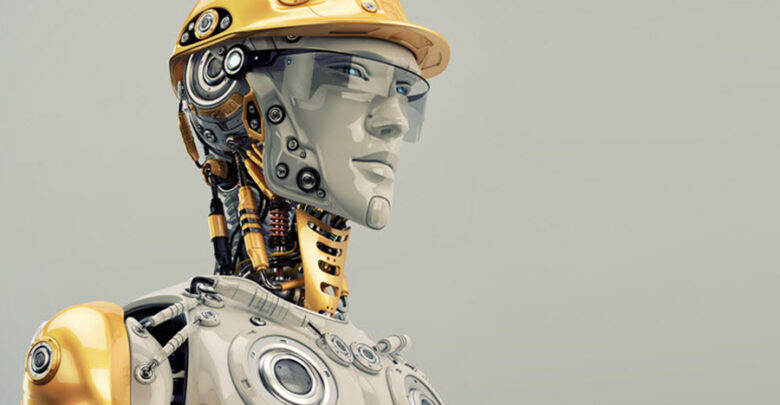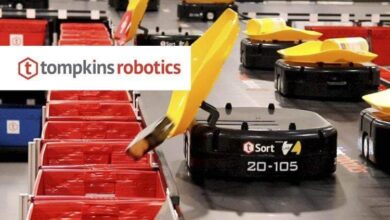
As artificial intelligence and robotics continue to advance each day, there’s one question that lingers on people’s minds: “Will robots take my job?”
Robots are growing increasingly smart, allowing them to perform certain tasks that professionals do. These machines can work around the clock without getting tired. And they don’t need daily wages and government-mandated benefits. Companies can significantly reduce their overhead costs by replacing some of their employees with robots.
However, not all robots are built to replace humans. Collaborative robot manufacturers are making cobotsor robots that need human assistance to operate.
Also, although some tasks can be automated, other jobs are best left to humans. Some professions need human touch, which is something robots don’t have.
Below are five jobs that robots can’t replace.
- Psychologists
Psychology is a profession that requires an understanding of human nature, something that can be difficult to integrate into AI. Robots operate with rigid logic and routine, which means they can’t understand the problems of the human mind.
Psychiatrists and psychologists apply their knowledge and expertise in mental health to help people deal with deeply rooted trauma and other mental health problems. They observe and interpret a person’s cognition, emotions, and behaviors, uncovering patterns that might be causing abnormalities in the mind. This job deals with irrational thought, trauma, and distress – things that robots can’t comprehend.
The inability of robots to understand the nuances of the human mind is the reason jobs in the psychology field have the lowest risk for automation.
- Teachers
Although schools and colleges use plenty of digitized teaching aids, the role of the teacher can’t be replaced by robots. There’s more to teaching than just providing instructions, making exams, and grading papers. Teachers proactively think of new ways to help their students better digest lessons. Robots can’t do this because they’re limited to what they’re programmed to do.
Plus, preschool teachers do more than just teach kids their 123s and ABCs. They help children develop emotionally, behaviorally, socially, and academically. This involves meaningful interaction, guidance, and care, which are things robots can’t provide.
- Creatives
Writers, graphic designers, filmmakers, and other creatives produce original content and ideas. Computers excel at analyzing data and drawing insights, but they have yet to succeed in more imaginative pursuits.
The capabilities of AI are limited by their algorithm and programming. Although they can give headline suggestions, check for plagiarism, and correct grammatical errors, they can’t invent new stories and generate original ideas.
- Lawyers
Legal proceedings are too nuanced to be entrusted to robots. A lawyer’s job relies on case analysis, strategy, and negotiation. Most of these tasks require subjective knowledge and expertise as they decide how they’ll attack the case.
Plus, lawyers need eloquence, charisma, and a degree of aggressiveness. They need to be able to appeal to the jury, present their facts in a logical, convincing way, and appear authoritative and confident in front of the judge. Robots don’t have emotions, so they can’t fulfill the emotional and social requirements of being a lawyer.
Robotics and AI are still being heavily developed. Although various industries have started digitizing their operations, humans are still the heart of the workforce. AI is still a long way from having the range of human capabilities necessary for most types of work, so you don’t have to worry about losing your job to a robot yet.
www.delreport.com







